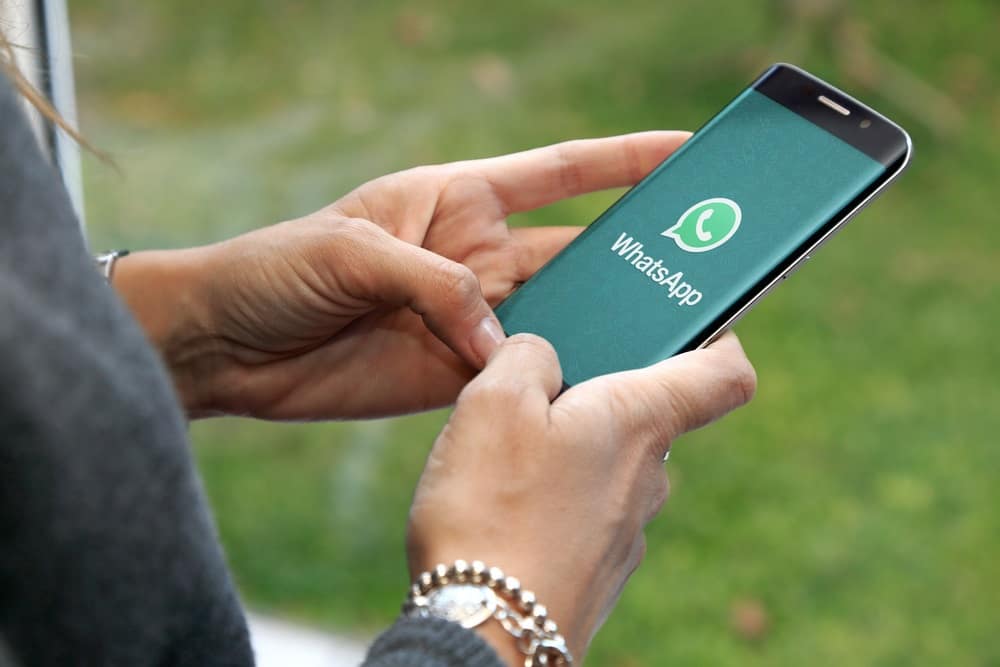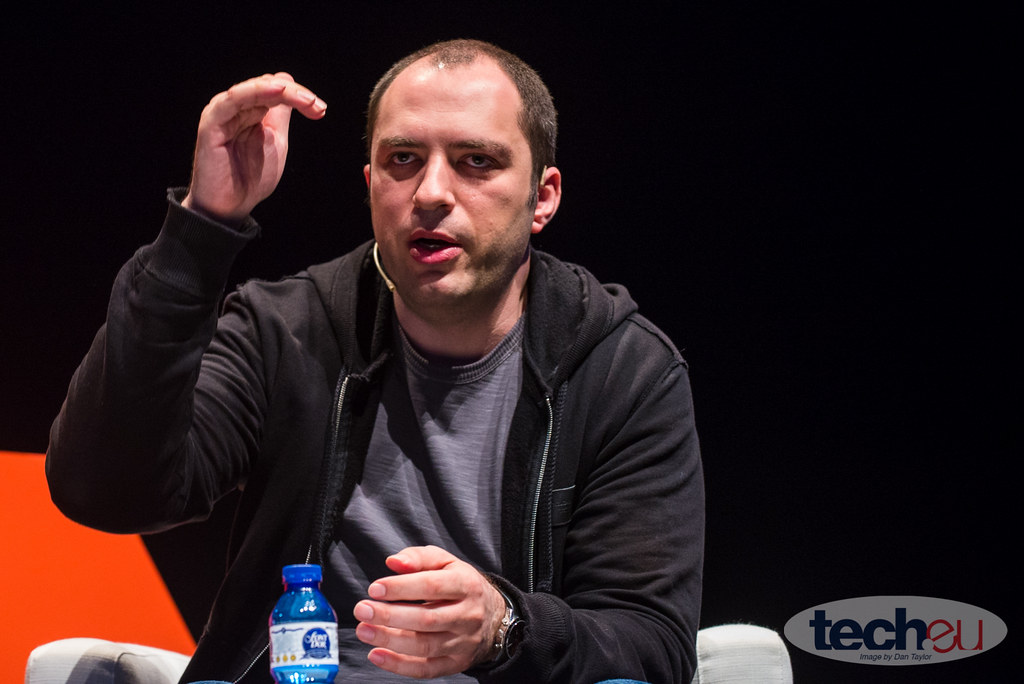WhatsApp to Soon Roll Out a Fingerprint Authentication Feature to its Android Users
According to WABetaInfo, WhatsApp may soon release a fingerprint authentication for its Android users along with the much awaited ‘Dark Mode’ feature. The company had been testing the beta version of the dark mode feature for Android for quite some time, and now a report is surfacing confirming the release of the same.

WhatsApp is testing its beta app version number 2.19.82 and has submitted a new feature report to the Google Play Beta Program, which also includes the ‘dark mode’ feature in it. Facebook has already added the dark mode feature to its messenger, and according to the reports it soon will be bringing the feature to its other messaging app WhatsApp.
The dark mode has also been adopted by apps like Twitter, Reddit, Telegram, etc. The feature helps reduce the battery consumption for the AMOLED and OLED smartphones by reducing the full display pixel utilization. The company has also uploaded a screenshot along with the report that shows the dark mode in notifications settings, account settings, data and storage settings, and chat storage.
Also, WhatsApp has already provided its iOS app users with Face Id as well as Touch Id authentication for both iPhone and iPad, and now the Android users will also be able to use the Touch Id feature to authenticate their WhatsApp.
The new security feature has been spotted in the Android beta version 2.19.83. By default, the fingerprint authentication will be disabled and to enable the Touch Id for WhatsApp the users can select the option ‘Use Fingerprint to Unlock’, in the Privacy option under Account settings. Then the users will be asked to register their fingerprint for the authentication process. And, then the users can select the time span after which WhatsApp should lock, when not in use, i.e. after 1 minute, after 10 minutes or after 30 minutes. After enabling the fingerprint authentication, users will have to unlock the app with their touch Id, every time they would want to use it.
Though most of the Android users are already using the third party app locks for WhatsApp, an inbuilt authentication feature will add an extra security zone, and the users can ditch the other apps for the security.
The company is also testing and is about to roll out features including frequently forwarded and forwarding info and the audio file name in chat. The frequently forwarded and forwarding info feature will show the number of times a message has been forwarded, which may help in opposing the spread of fake news. Also, the audio file name in chat will show the name of the audio file sent over WhatsApp chat.

Yashica is a Software Engineer turned Content Writer, who loves to write on social causes and expertise in writing technical stuff. She loves to watch movies and explore new places. She believes that you need to live once before you die. So experimenting with her life and career choices, she is trying to live her life to the fullest.





